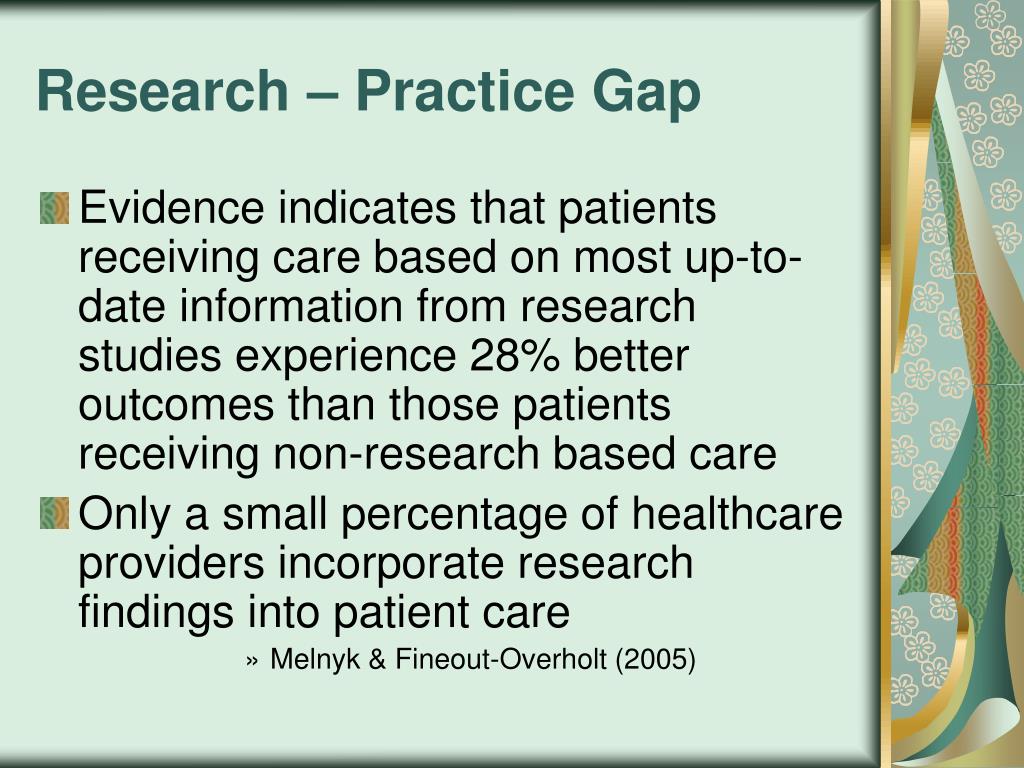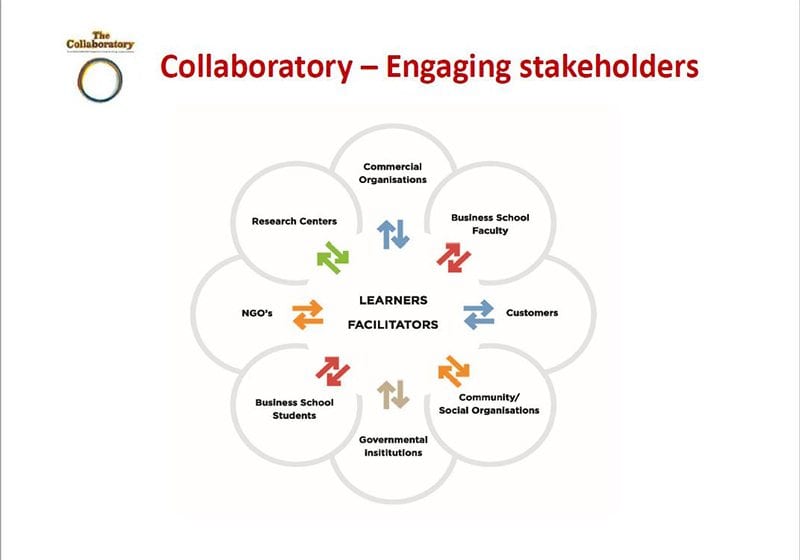

Multiple educators said that before we began our collaboration with the district, their focus had been on simply following the district’s adopted mathematics curriculum (Everyday Math), and their exposure to mathematics research was primarily (or solely) through the curriculum. Thanks for your comments and questions! Yes, in interviews and survey data from teachers and administrators, educators commonly said that it was extremely valuable for them to learn about mathematics learning progressions in the early grades. Through journal publications, briefs, tools, and video, the initiative is contributing to the research base about what works in early STEM learning with practices, interventions, and teaching strategies supporting elementary school teachers with STEM pedagogy and content knowledge and supporting children from low-income families who may have less access to STEM experiences. Teams of teachers, administrators, researchers, coaches, and EDC facilitators are engaging in collaborative inquiry through an iterative process of designing, testing, and analyzing classroom learning and teaching practices in mathematics with iPad tools to generate new knowledge and practice in direct response to a district need. EDC’s team is developing and studying a model of research-practice collaboration in partnership with the Auburn, Maine, School Department and faculty at Maine universities to improve student learning of mathematics in the early grades using interactive mobile technologies such as iPads. is a major partner in the Research + Practice Collaboratory, a five-year initiative ( NSF grant DRL-1238253) to strengthen and reframe the relationship between research and teacher practice in STEM education in K–12 and informal settings. To subscribe: To unsubscribe: To send message to entire list: please get in touch for more information.The Interactive STEM team at Education Development Center, Inc.We have big plans for 2023 and beyond and we invite you to join us. In so doing, we hope to rethink what an urban scholar is and what an urban scholar does. As ever, our aim is to advance the principles of collaboration and transcendence through practice, as well as to offer guidance on analytical urban research tools. The City Collaboratory has now grown into a nationwide network, bringing together early career and more established scholars across disciplines and institutions. But in truth we see these conditions affecting everyone at every stage. This is particularly true for younger scholars and early career researchers, who tend to face more precarity and uncertainty than their more established peers.

The current moment is filled with widespread upheaval, in political, economic, environmental, and public health domains.

Our intention is to transcend these and, in a spirit of collaboration and mutual support, to work towards caring infrastructures for urban researchers across Switzerland. It also revealed barriers, divisions, and silos. This first step, though imperfect, nonetheless provided a glimpse of the diversity on offer in this country. GeoAgenda table of contents: urban research at nine institutions To that end we co-produced an issue of GeoAgenda that details some of the urban research happening at nine institutions in the country.

Our first step was to render visible and begin to consolidate the diverse landscapes of urban studies in Switzerland. We want to make possible new ecologies of theory and practice. This is a call for more flattened ontologies, for leveling hierarchies and for transcending boundaries – whether disciplinary, institutional, professional, racial, gender, linguistic, and beyond. In all senses, we want to increase the diversity of urban research in Switzerland.


 0 kommentar(er)
0 kommentar(er)
